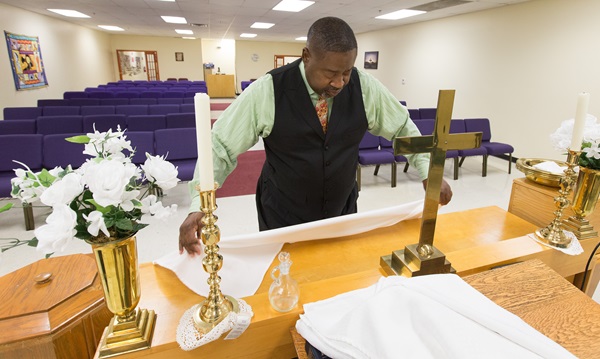Licensed to Word, Sacrament, and Service
If God is calling you to become a pastor, but you do not see seminary as a reality for you, then you may want to consider becoming a local pastor. Local pastors are not ordained but are licensed to preach and conduct divine worship and perform the duties of a pastor. They are appointed, but need not make themselves available as itinerant ministers. Local pastors may also serve in extension ministries settings. They are not elected into membership of the annual conference.
A local pastor answers God’s call to serve the mission of Jesus Christ through serving a local congregation in The United Methodist Church. When appointed, the local pastor performs the usual duties of a pastor, including preaching and teaching; leading in worship and liturgy; receiving new members; performing the sacraments of baptism and The Lord's Supper; and performing the services of marriage (where state laws allow), burial, and confirmation. The local pastor’s authority is only within the appointment setting and does not extend beyond it. The local pastor is not ordained, and serves under the authority of a license for pastoral ministry after completing the steps outlined in ¶ 315 of The Book of Discipline (2012) and meeting any annual conference requirements.
Originally published by Higher Education and Ministry.

